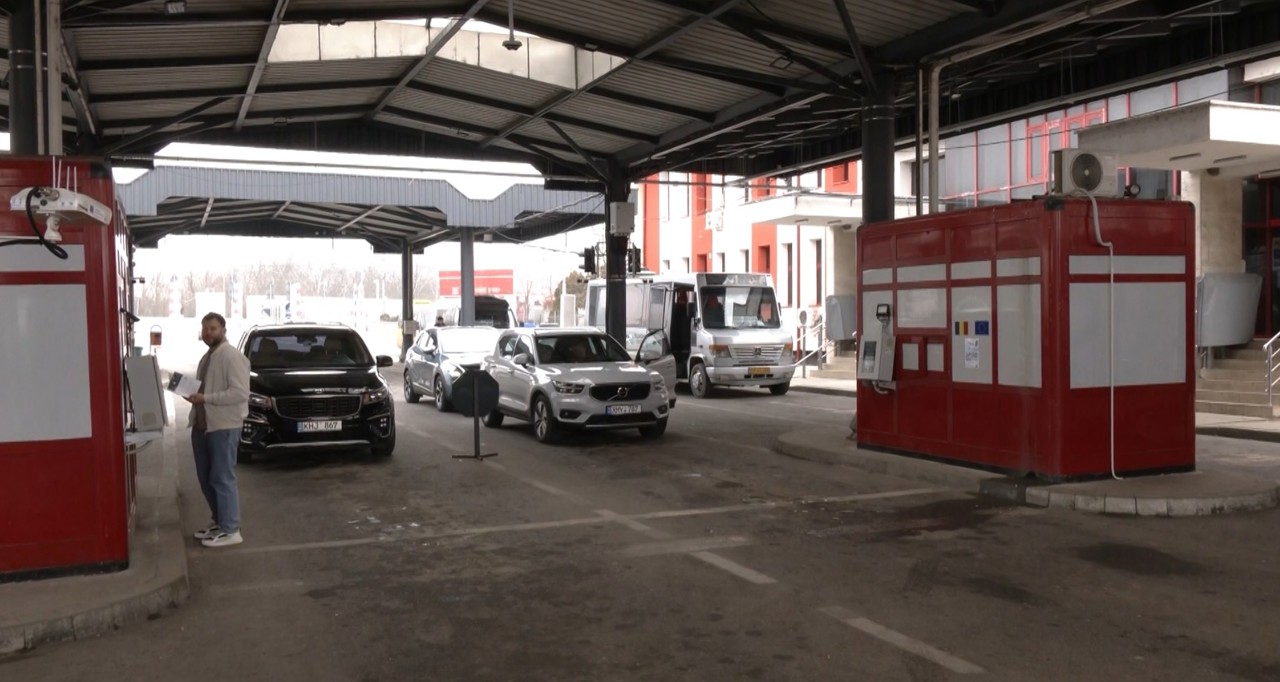Moldova’s CEC rejects key candidates amid election tensions
Rejections on a conveyor belt in the presidential race, the reintegration of the Transnistrian region, and Moscow’s plan to destabilise Moldova on the eve of the autumn elections are the key headlines in the press review.

The Chair of the Central Electoral Commission (CEC), Angela Caraman, clarified the reasons for rejecting Vasile Bolea's candidacy for the presidential elections, explaining that the decision was based on irregularities found in the submitted documentation, reports newsmaker.md. Caraman emphasised that the CEC strictly adheres to the law, evaluating all candidacies based on the same criteria, without any political influence. Her statements come at a critical time when the transparency and fairness of the electoral process are under close scrutiny, with public and analysts' reactions highlighting the growing tension surrounding the presidential elections.
Additionally, tv8.md reports that the Central Electoral Commission annulled the August 23 decision that registered the initiative group supporting Vasile Tarlev’s presidential candidacy. One reason for the revocation is that Tarlev, who was designated as an independent candidate, failed to inform the Public Services Agency in a timely manner about his suspension from the presidency of the "Viitorul Moldovei" Party. Furthermore, the CEC found irregularities in the signature collection process in support of Tarlev's candidacy, noting that the signatures were gathered near the headquarters of Tarlev’s party.
Regarding Valeriu Pleșca, who was nominated by the European Social Democratic Party (PSDE), the CEC justified its refusal with objections related to the National Political Council of the PSDE, notes Jurnal TV. The Commission also cited inaccuracies in the submitted documents and highlighted that, at the time of submission, Pleșca was serving as the president of a different party than the one that nominated him.
Deschide.md publishes the decision of the Supreme Court of Justice, which declared inadmissible the appeal submitted by parties affiliated with fugitive politician Ilan Șor against the Central Electoral Commission, which refused to register the “Victorie-Победа” electoral block for the October 20 elections. The CEC had refused to register the bloc on August 7, citing multiple non-compliances. Meanwhile, based on the Bălți Court’s decision, the activity of the “Șansă” Party was suspended for three months.
The process of reintegrating the Transnistrian region continues to advance, but additional efforts are needed to consolidate it, according to Deputy Prime Minister for Reintegration Oleg Serebrian, reports Moldova 1. The official noted that, although progress has been made, there is still room for improvement, and plans for the coming years aim to intensify the reintegration process. Serebrian also mentioned changes in the EU accession negotiations, which have shifted from a political agenda to one focused on social and economic issues.
In a recent statement to TVR Moldova, political analyst Nicolae Negru warned that Moscow is intensifying efforts to destabilise the country and obstruct European integration. According to the journalist, the Kremlin has reactivated all resources and agents to undermine governmental stability in Moldova. Negru emphasised that this offensive is unsurprising, given Moscow’s consistent involvement in influence operations in the region.
IPN conveys the opinion of former Executive Director of the Farmers' Force Association, Alexandr Slusari, who asserts that the measures announced by the Ministry of Agriculture and Food Industries, such as the cancellation of penalties, payment holidays, and rescheduling of the final instalments, apply only to farmers who purchased agricultural machinery on instalment from the Agency for Agricultural Development and Modernization. According to Slusari, the authorities are manipulating the situation, as most farmers' debts are owed to banks and input suppliers, not to the agency.
Mold-street reports that over 60% of the sugar beet crop has been lost due to drought. The country’s largest sugar producer, which has begun the harvest campaign, made this announcement. The Director of the company’s Raw Materials Department stated that the situation is extremely severe for all sugar beet growers. Due to this year’s severe drought, the company estimates that it will harvest only one-third of the planned quantity.
Bani.md highlights that approximately 179,000 employees in Moldova, the majority of whom work in agriculture, earn less than 10,000 lei per month. Other sectors with extremely low wages include public catering, where employees earned an average of 8,924.7 lei, and the recreation and leisure sector, with average wages of 10,292.8 lei. According to the cited source, the highest salaries were recorded in the information and communications sector (34,070.7 lei), financial and insurance activities (27,435.9 lei), and the production and supply of electricity, heating, gas, hot water, and air conditioning (21,187.9 lei).
Translation by Iurie Tataru






